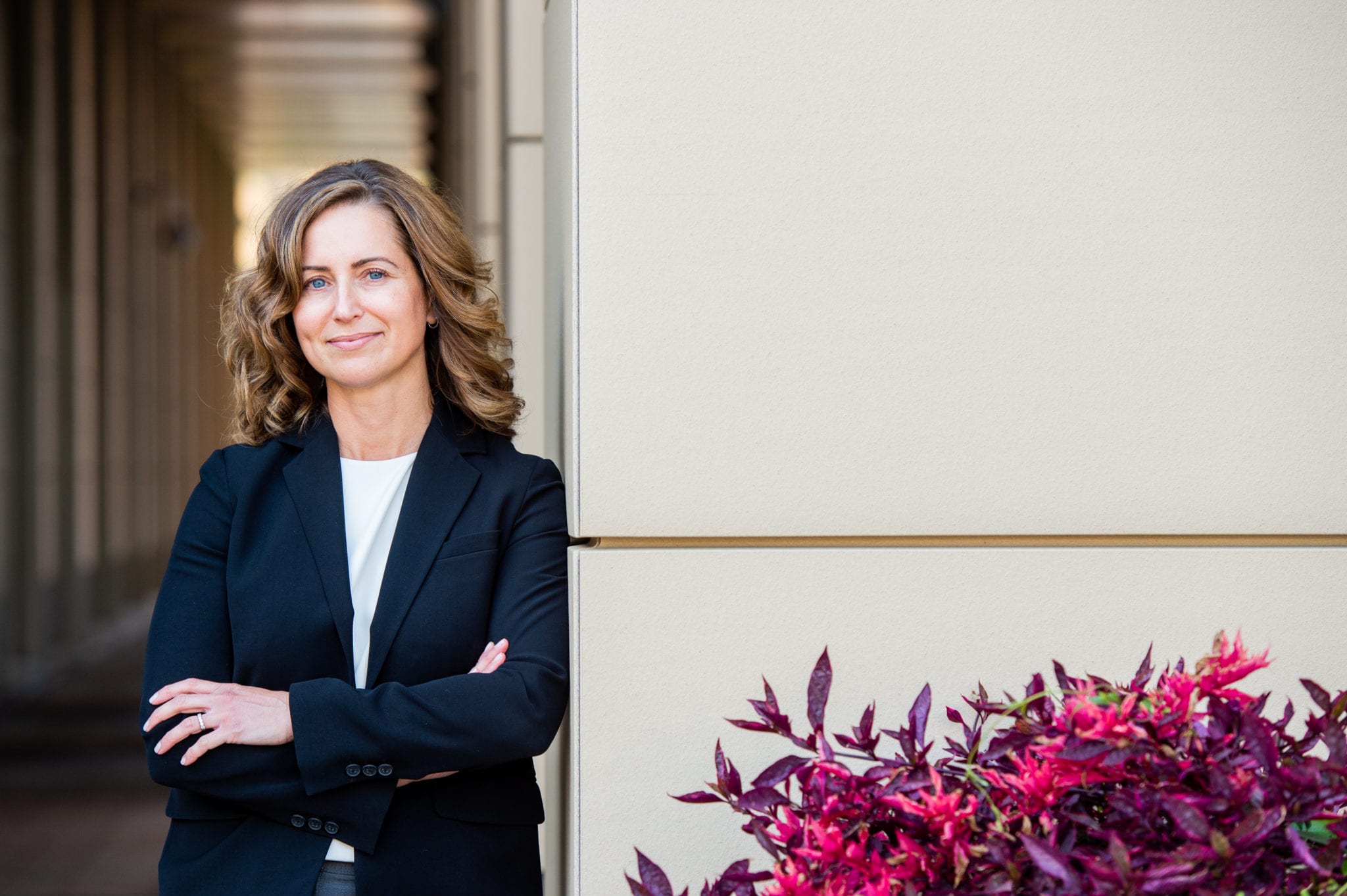
Rene Russo (Alicia Petitti for Xilio)
Ex nihilo: Takeda leads $100M+ round to fund biotech's sneak attack on tumors, propelling new IL-2, CTLA-4 drugs to clinic
Since emerging out of stealth in 2018 with $30 million in launch money from Atlas and F-Prime, Akrevia has kept a relatively low profile …
Sign up to read this article for free.
Get free access to a limited number of articles, plus choose newsletters to get straight to your inbox.